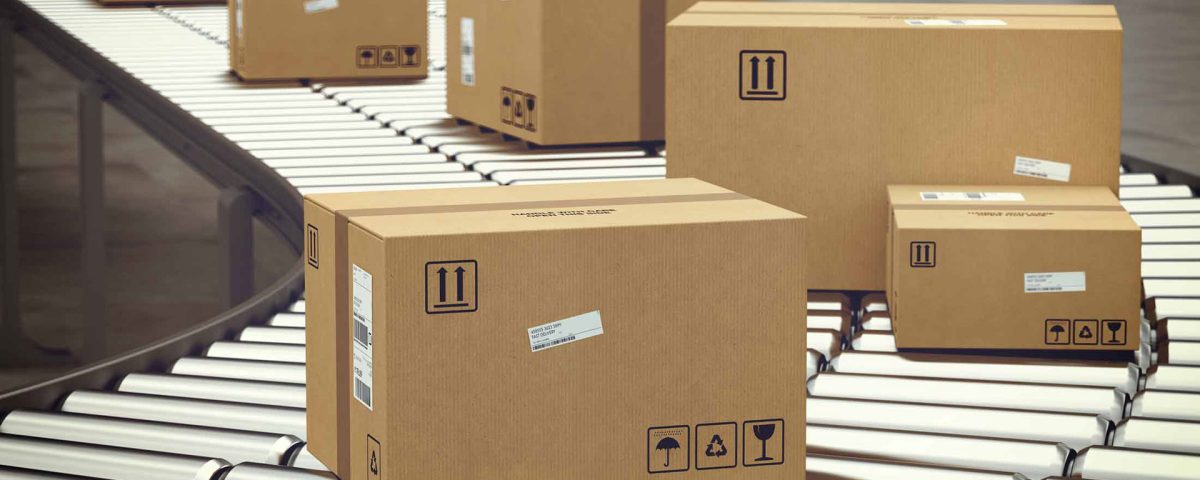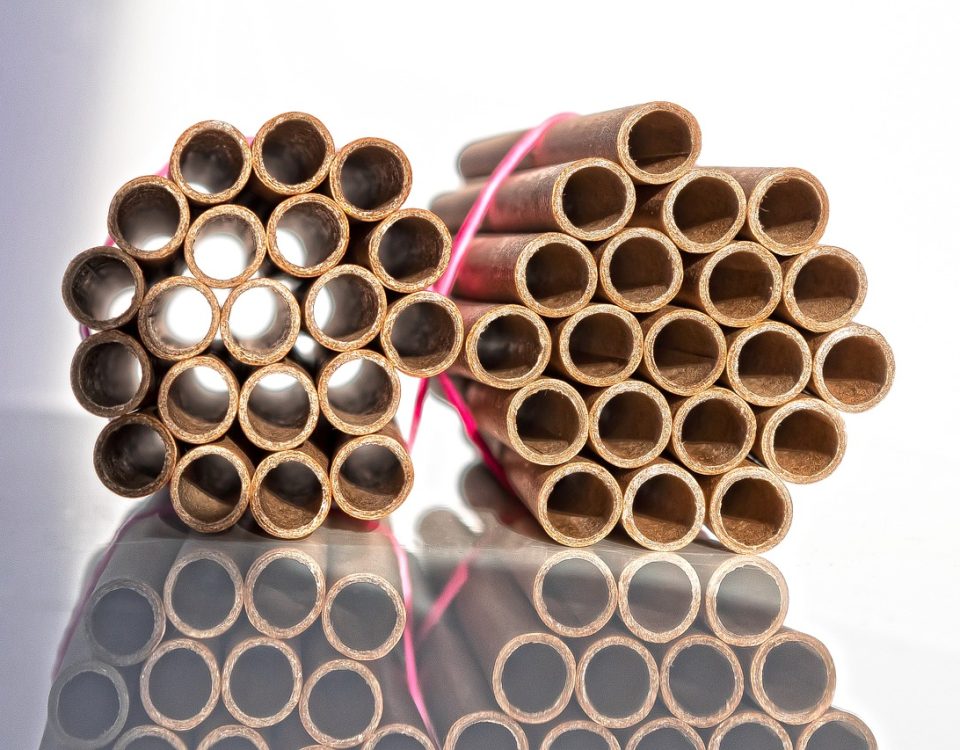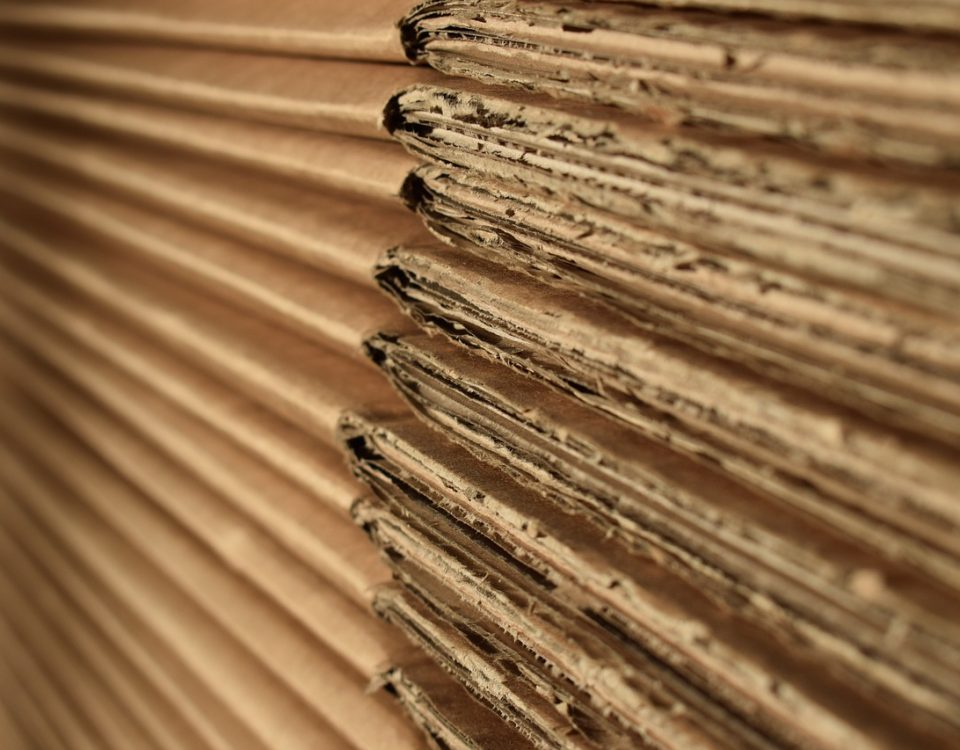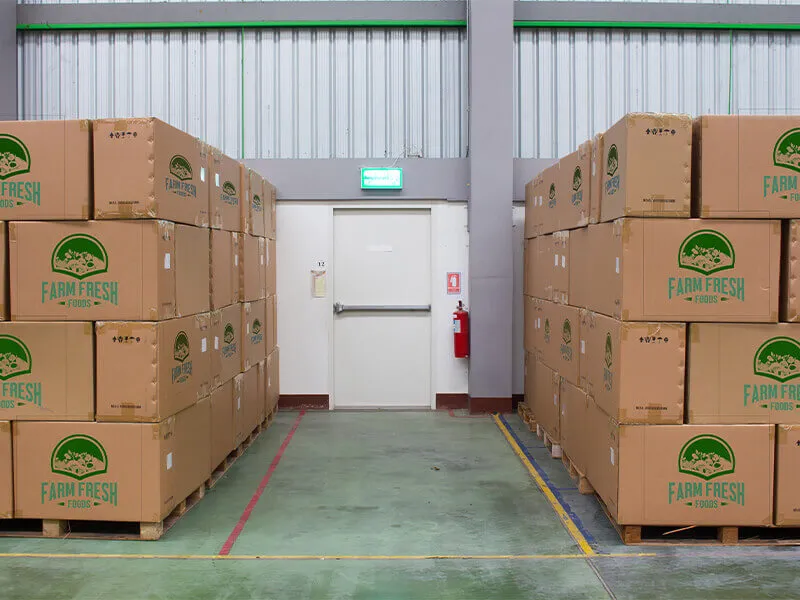
Strawberry Packing Boxes: 7 Essential Specifications
August 4, 2024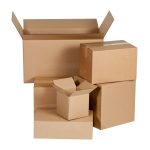
Storing Shipping Boxes: 10 Effective Tips to Avoid Waste
August 11, 2024Carton manufacturing is a complex process that combines science and art to meet the storage and shipping needs of various industries. This process requires consideration of several factors, from selecting raw materials to the final design. In this article, we will discuss the basic steps of this industry and its importance in the global economy.
Carton Manufacturing Process: Step 1
The first step begins with selecting suitable raw materials, which include cardboard and paperboard. Cardboard is made from cellulose fibers extracted from trees. These fibers undergo a preparation process that includes cleaning, grinding, and mixing with water to form a fibrous pulp. We can use recycled paper in this process, making carton manufacturing environmentally friendly.
Carton Manufacturing Process: Step 2
After preparing the raw materials, the next step is the design phase. This involves determining the dimensions, shape, and load-bearing capacity of the cartons. We use computer software to design the cartons and ensure they meet the specific requirements of each product. This includes calculating the thickness of the paper and the number of layers needed to achieve the desired durability. Cartons must be strong enough to withstand weight and various environmental conditions.
Carton Manufacturing Process: Step 3
Carton manufacturing heavily relies on advanced machines that transform the paper pulp into cardboard sheets. We press and dry the pulp to create solid cardboard sheets, cut them to the required size, and print them with necessary branding or instructions. After that, folding and gluing machines shape the sheets into their final forms; whether they become rectangular boxes or custom shapes depends on client needs.
Carton Manufacturing Process: Step 4
The quality testing phase is one of the most crucial stages in carton manufacturing. We test the cartons to verify their resistance to pressure, moisture, and damage. We use precise measuring devices to ensure the cartons meet international and local standards. This helps ensure that products packed in these cartons reach customers in good condition without damage.
Applications and Industries Benefiting from Carton Manufacturing
Carton manufacturing plays a crucial role in many industries, including food and beverages, electronics, pharmaceuticals, and clothing. In particular, cartons provide effective protection for products during transportation and storage, thereby helping reduce losses and increase logistical efficiency. Moreover, recyclable cartons contribute to reducing the environmental impact of various industries.
With technological advancements, carton manufacturing has seen significant development. New techniques are used to improve manufacturing efficiency and reduce waste. Innovations include developing lightweight but strong cartons, reducing shipping costs and raw material consumption. There is also a growing trend towards using biodegradable materials to reduce environmental impact.
In conclusion, carton manufacturing is a complex process that requires collaboration across several fields to ensure the production of high-quality cartons that meet the needs of various industries. From selecting raw materials to design, manufacturing, and quality testing, each stage plays an important role in achieving this goal. Thanks to continuous innovation and the move towards sustainability, carton manufacturing remains an essential part of the global supply chain.

